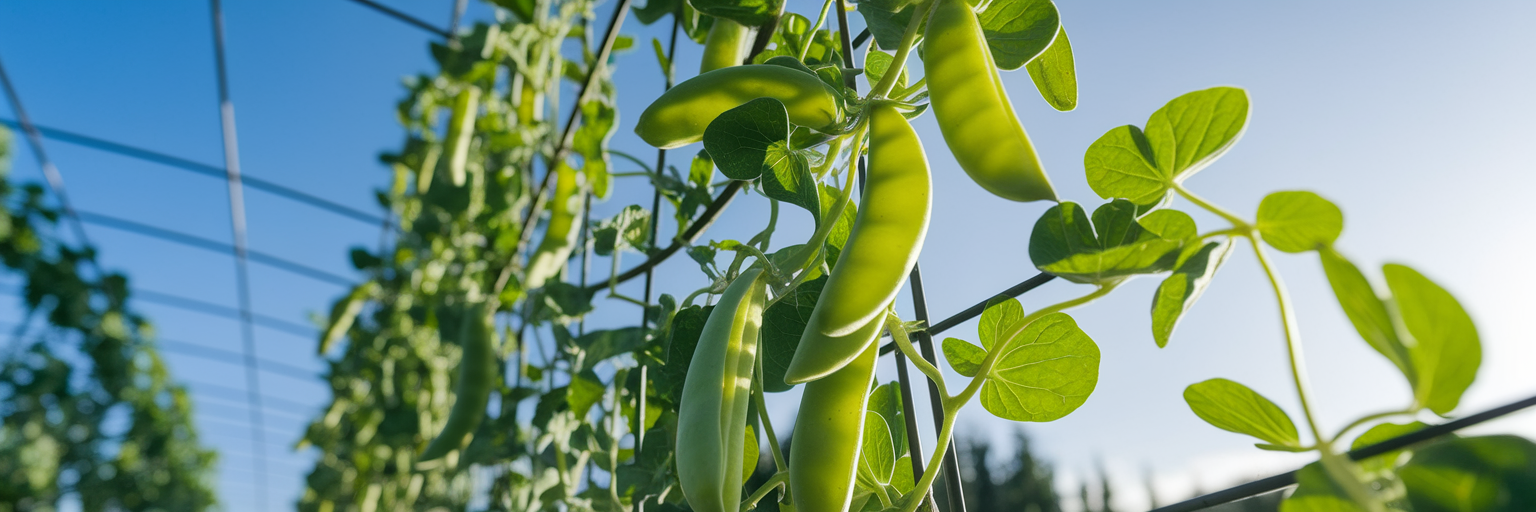The Environmental Advantage of Plant-Based Nutrition
The connection between what we eat and the health of our planet is more direct than many of us realise. Our dietary choices represent one of the most powerful tools we have for creating positive environmental change. It’s not about perfection, but about the collective impact of conscious decisions. The plant based diet environmental benefits are substantial and well-documented.
In fact, according to a comprehensive 2023 study from the University of Oxford, diets rich in plant-based foods can reduce an individual's contribution to climate-heating emissions, water pollution, and land use by as much as 75% compared to meat-heavy diets. This isn't a small adjustment; it's a fundamental shift in our environmental footprint.
This impact rests on three core pillars. First, plant-based agriculture generates significantly lower greenhouse gas emissions. Second, it demands far less land and water, freeing up natural resources. Finally, it helps reduce the agricultural runoff that pollutes our waterways. Each choice to opt for plants contributes to a larger, collective movement toward a more sustainable food system. For those looking to learn more about this journey, we regularly share insights on our blog to support your path to healthier living.
Comparing the Carbon Footprints of Protein Sources

While the general benefits are clear, the specific numbers reveal a striking difference in the environmental impact of vegan protein. The high carbon footprint of animal agriculture stems largely from two factors: methane emissions from livestock, a potent greenhouse gas, and the immense amount of land and energy required to grow their feed. Think about it: we use vast resources to grow crops just to feed animals, which is a far less efficient way to produce protein.
In contrast, plant proteins are remarkably efficient. Growing peas, soy, or other legumes for direct consumption requires a fraction of the resources. The data makes this comparison undeniable. The carbon footprint of plant protein is simply much smaller, making it a more responsible choice for the planet.
| Protein Source | Greenhouse Gas Emissions (kg CO2eq) | Land Use (m²) | Water Use (Litres) |
|---|---|---|---|
| Beef (Beef Herd) | 49.89 | 163.69 | 10,556 |
| Poultry Meat | 5.7 | 6.38 | 2,347 |
| Peas | 0.44 | 1.98 | 337 |
| Soy (Tofu) | 1.98 | 1.13 | 996 |
Data sourced from Our World in Data (Poore & Nemecek, 2018), illustrating the significant resource efficiencies of plant-based proteins.
The contrast is stark. Every time you choose a scoop of pea protein, like in our rich chocolate vegan protein, you are casting a vote for a lower-impact food system. It’s a simple swap that carries significant weight.
What Sustainable Sourcing Really Means
The story of sustainability does not end with choosing plants over animals. The next question to ask is: how were these plants grown? True environmental stewardship goes deeper into the agricultural practices themselves. This is where the search for high-quality, sustainable protein powder sources becomes essential.
Sustainable sourcing is a commitment to farming methods that protect and even restore the environment. A key approach is regenerative agriculture, a system designed to improve soil health, enhance local biodiversity, and capture carbon from the atmosphere. Instead of just taking from the land, these methods give back, creating a healthier ecosystem for future generations. It’s about working with nature, not against it.
This commitment requires transparency. Do you know where your protein comes from? Conscious brands should be able to trace their ingredients back to the farm, ensuring that ethical and eco-friendly standards are met every step of the way. This accountability is non-negotiable for us. We believe true quality comes from these deeper commitments, which is why this philosophy is reflected across all of our products. It’s a promise of clean nutrition from the ground up.
The Role of Eco-Conscious Packaging

A sustainably sourced product deserves a container that reflects the same values. We have all seen the giant plastic tubs that dominate the supplement aisle, contributing to a massive waste problem. The journey of a product doesn't end when you finish the contents; its packaging has a life of its own, and choosing brands that use eco friendly protein packaging is another way to make a difference.
Fortunately, better alternatives are becoming more common. Forward-thinking companies are moving away from virgin plastics and embracing materials that are kinder to the earth. When you shop, look for these options:
- Post-Consumer Recycled (PCR) Plastics: These containers are made from existing recycled plastic, which reduces our reliance on new fossil fuels and gives old materials a new purpose.
- Compostable Bioplastics (PLA/PHA): Derived from renewable resources like corn or algae, these materials are designed to break down under specific composting conditions, returning to the earth.
- Recyclable Paper-Based Containers: A familiar and widely recyclable option, paper-based packaging often has a lower carbon footprint than traditional plastic tubs.
While some of these solutions require access to industrial composting facilities, they represent a significant step in the right direction. By supporting brands that invest in these materials, you send a clear message to the industry that sustainability matters, from the ingredients inside to the container itself.
Your Choice and the Planet's Future
From the farm to the packaging, every step matters. But the most powerful part of this story is you. Each decision to integrate more plant-based nutrition into your life creates a ripple effect that extends far beyond your own kitchen. This collective shift has the power to reshape our global food system for the better.
As research highlighted by VegNews shows, widespread adoption of plant-based diets is linked not only to a lower environmental impact but also to improved public health outcomes. The long-term benefits are immense. By reducing our reliance on animal agriculture, we help preserve vital ecosystems, protect biodiversity by curbing deforestation, and conserve precious freshwater resources. The environmental impact of vegan protein is a story of restoration and preservation.
Your choice is more than a dietary preference; it is a proactive, positive action that aligns your personal wellness with the health of our planet. It is a meaningful contribution to a more resilient and sustainable future. And making this choice can be delicious and simple, as you can see in these easy vegan protein recipes you can try today.



